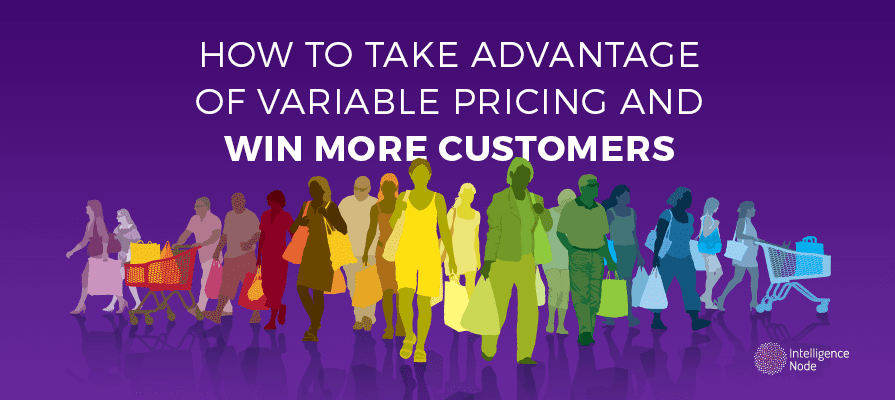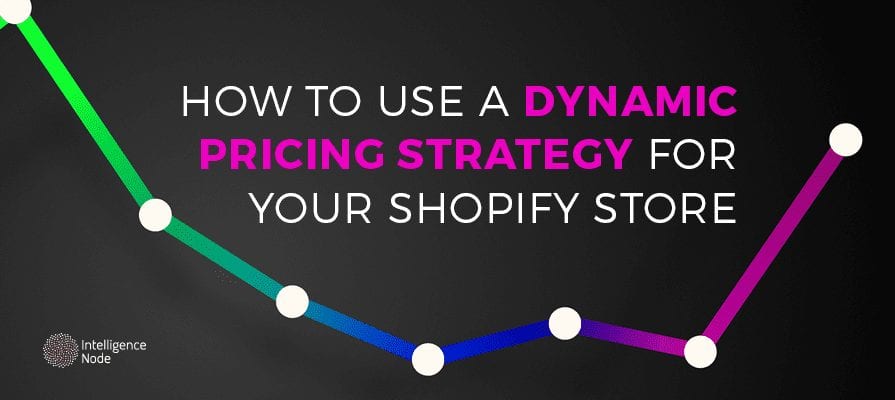With the rise of online retail, the sales game has evolved by leaps and bounds. Strategies that once proved to be surefire ways to secure business have become obsolete, leaving companies scrambling to develop new tactics to beat out their competitors and rein in customers.
Still, while much has changed in how sales-driven businesses approach the future, at least pricing remains a constant factor in persuading consumers to consider one company over another for the same product or service. One such strategy that seems to be heating up is variable pricing. Let’s look at this one a bit more closely.
What Is Variable Pricing?
Have you ever searched for a product in stores, only to find that exact same item is listed for a cheaper price online? That’s a classic example of variable pricing. Essentially, the term “variable pricing” refers to cases in which a business offers a variety of price points throughout different locations or point-of-sale.
Benefits of variable pricing strategy include the ability to adjust to the lower cost of eCommerce and maximize profit on all fronts. It all depends on the cost of the product or service being offered as well as market demand. Though an increasingly useful tool for online sales, variable pricing should be employed with caution in some cases, since it can alienate frustrated consumers who may find the inconsistent pricing to be duplicitous.
Not To Be Confused With…
Universal pricing may be preferable to some consumers, but when used properly, businesses typically discover the usefulness of mixing up its approach to pricing. That being said, variable pricing is only one of many tactics you might use to win over customers online. Another is dynamic pricing, which relies on using distinct data points such as browsing habits and demographic information to customize prices based on each customer.
This approach is similar to variable pricing in that both involve companies offering up a variety of price points based on differentiating factors. Because of this, dynamic and variable pricing often get muddled together. However, it’s important to reiterate that variable pricing centers more on location-based price points. Whether you have a brick-and-mortar element that can complement your business or simply multiple online partners to sell your products, variable pricing can be among the most useful tools in your sales arsenal.
Automate It
The entire crux of variable pricing is that you switch up the price point based on point of sale, but when it comes to setting and adjusting such prices, it can quickly become a headache. To address this challenge, we suggest using an automated pricing software designed to quickly shift prices up or down. This will remove the guesswork involved in determining the best way to position your pricing online and allow you to maximize sales without investing any more time or effort into this particular aspect of your business. More and more, automated pricing is becoming the way of the future. Don’t risk getting left in the past, especially in the eyes of your customers.
Grow Your Business
Of course, variable pricing is just one of many ways you can leverage pricing to bring in customers. Depending on the nature of your business, perhaps other approaches may prove to be a better match for your customers. Regardless, we heartily recommend that you consider some in-depth testing with whatever pricing tactic you use.
Don’t invest too much of your resources into a new form of pricing without performing a bit more research into the most effective direction for your company. Variable pricing may be a trending way to do business — and we are confident it will lead you to success as well — but be sure that you’re heading down the right path before you commit to it.





